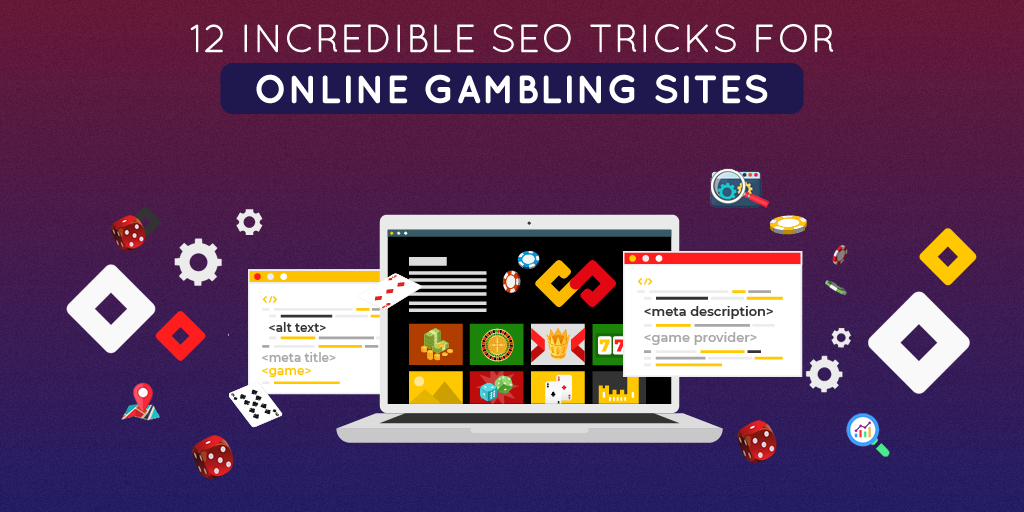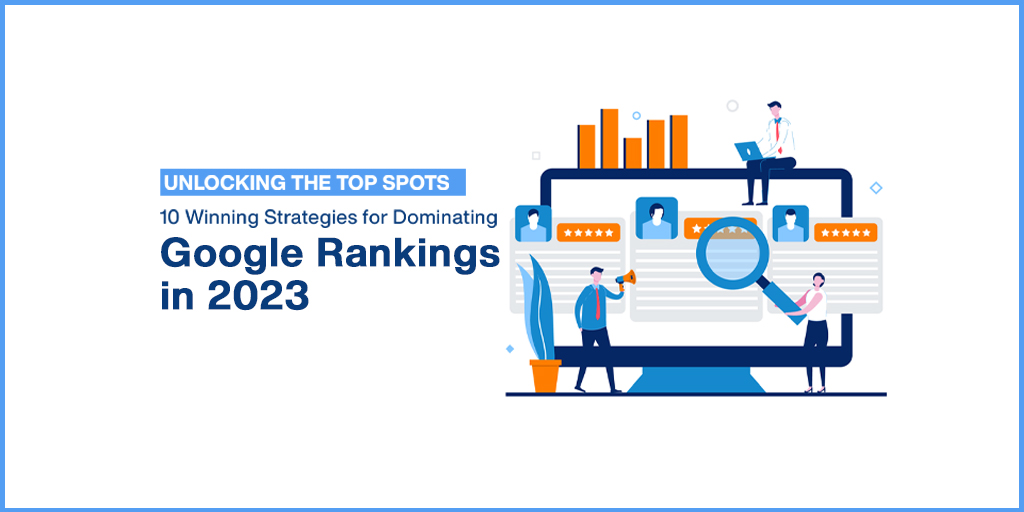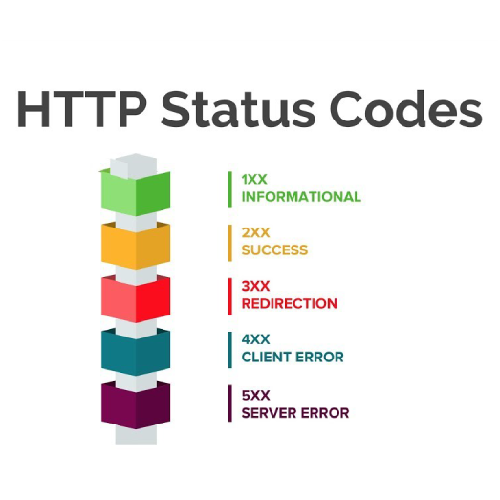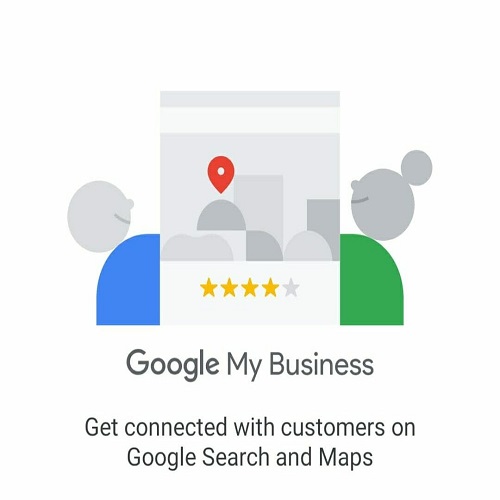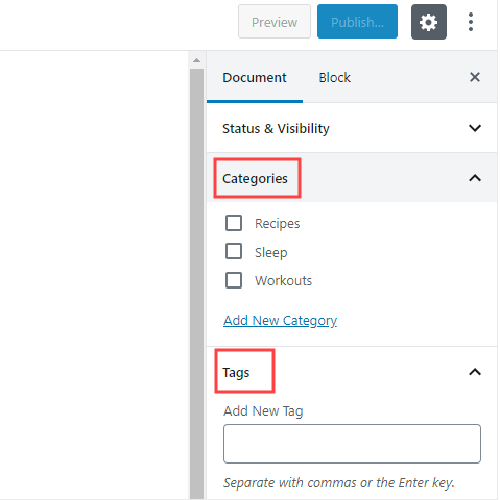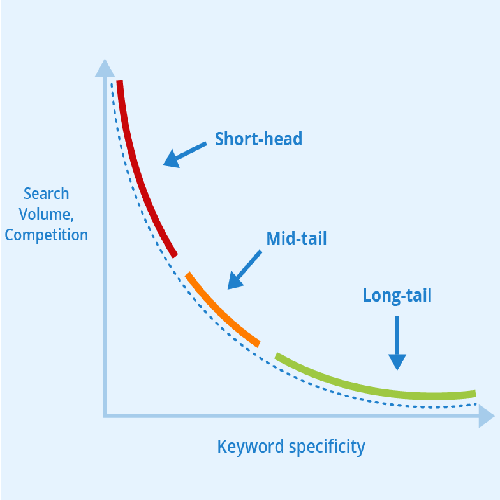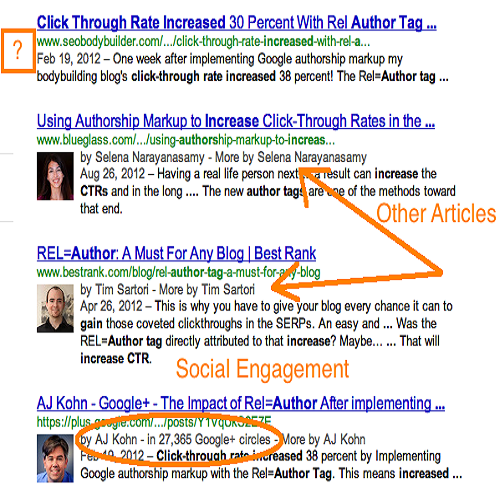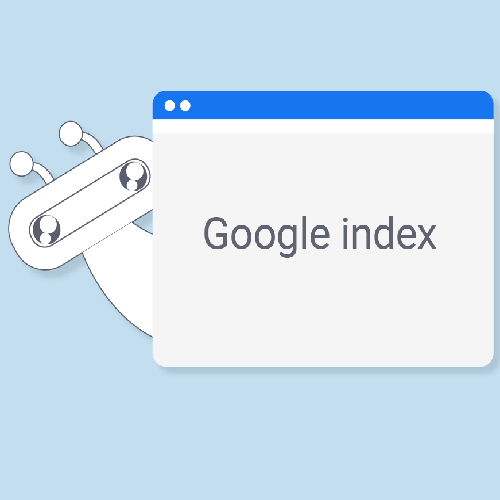Contact Us
Related Posts
Category

Content marketing is a long-term digital approach used in digital marketing with the goal of increasing awareness and interest in your business. It entails producing pertinent content and disseminating it on websites that your target audience visits.
Information that has been bundled into easily readable forms, such as blog entries, ebooks, and YouTube videos, is referred to as content.
It is important to be aesthetically attractive and have an attention-grabbing headline. Useful material strengthens your brand’s appeal to prospective customers. For instance, the small portion of your target market that is currently preparing to make a purchase may respond quickly to a Facebook post linking to a product page. However, whether or not they are ready to purchase, a content marketing strategy fosters relationships with your viewers.
Giving users worthwhile content makes you seem like a wise buddy. It maintains you in their minds, making you the company they consider when they require your product. Advertisers use content to accomplish goals like:
- Bringing in top-of-the-funnel clients: Customers can learn about your business through content.
- Increasing confidence: By freely disseminating useful knowledge, you build trust.
- Supporting a Search strategy: Websites with helpful information are preferred (and ranked) by search engines.
- Content can help consumers see how others use your product, which enhances their overall experience.
- Anyone can make a movie and submit it to a blog. But you need a plan to accomplish your business goals.
After discussing the meaning of content marketing, let’s examine the SEO tips and trends.
SEO Tips and Trends to Fine-Tune Your Content
Search Engine Optimization (SEO) is an essential aspect of digital marketing, helping businesses to rank higher in search engine results pages (SERPs) and drive organic traffic to their websites. With constantly evolving algorithms and updates, staying up-to-date with the latest SEO trends and techniques is crucial for businesses looking to improve their online visibility. In this blog, we’ll discuss six SEO tips and trends to fine-tune your content and improve your website’s rankings.
Focus on User Experience
User experience (UX) is a critical factor that affects website ranking. Google uses metrics such as bounce rate, time on site, and pages per session to determine the user experience of a website. A good UX leads to increased engagement, longer time on site, and lower bounce rates, which can positively impact your website’s rankings. Therefore, it’s essential to design your website with the user in mind, ensuring that it’s easy to navigate, loads quickly, and is mobile-friendly.
One way to improve UX is to optimize your website’s loading speed. Slow loading times can lead to a poor user experience, resulting in higher bounce rates and lower rankings. To optimize your website’s loading speed, consider compressing images, minifying code, and reducing server response time.
Create High-Quality Content
Creating high-quality content is a crucial SEO trend that has stood the test of time. Google’s algorithm prioritizes websites that provide value to users, so it’s crucial to create content that’s informative, engaging, and relevant to your target audience. Content that’s well-written, informative, and comprehensive can help establish your website as an authority in your industry, leading to increased traffic, engagement, and backlinks.
When creating content, consider using long-tail keywords that are relevant to your niche. Long-tail keywords are specific, less competitive, and have higher conversion rates, making them an effective SEO strategy.
Optimize for Voice Search
Voice search is a rapidly growing trend, with over 50% of searches expected to be voice-based by 2022. Voice search queries tend to be longer and more conversational than traditional text-based searches, so it’s important to optimize your content for voice search.
To optimize for voice search, consider using natural language keywords and phrases that reflect how people speak. You can also create content that answers frequently asked questions related to your industry, as voice search queries often involve questions.
Focus on Local SEO
Local SEO is an effective way to improve your website’s visibility and attract local customers. With the rise of mobile usage, many people use their smartphones to search for local businesses and services, making local SEO more critical than ever.
To improve your website’s local SEO, consider optimizing your Google My Business listing, using location-based keywords, and creating locally-focused content. You can also build local citations by listing your business in local directories and ensuring that your business information is consistent across all online platforms.
Optimize for Featured Snippets
Featured snippets are a type of rich snippet that appears at the top of Google’s search results. They provide users with a quick answer to their query, making them highly visible and desirable for businesses looking to increase their organic traffic.
To optimize for featured snippets, consider creating content that answers specific questions related to your industry. Use headers, bullet points, and tables to organize your content, and provide concise, informative answers to users’ queries.
Use Video Content
Video content is a highly engaging and shareable form of content that can help improve your website’s rankings. Google’s algorithm considers video content to be high-quality, so incorporating videos into your content strategy can help boost your website’s authority and credibility.
To use video content for SEO, consider creating informative and entertaining videos that are relevant to your industry. The typical person is expected to view 100 minutes of video per day thanks to the growth of video on mobile devices. This follows the TikTok surge of the previous years, which is regarded as the fastest-growing social media outlet in the world. Therefore, companies that didn’t use video before will probably decide to incorporate it into their marketing plans as a result of its increasing popularity.
Is SEO Really Necessary?
Some of you contrarians are currently scowling at your screens and questioning whether or not you actually need SEO to locate clients.
You don’t see much advantage in spending all this time on organic search because SEO services experts handle paid search or associate marketing for you. Whether you’re a mom-and-pop store or a global mega-corporation, organic search should be a key component of your organization’s digital marketing strategy as it accounts for more than half of all website views.
And it’s crucial for direct-to-consumer websites in particular. By offering helpful content, you not only establish confidence with your audience but also match your website with their needs, resulting in higher-quality leads. Even better, since you’re not spending for each click, your cost per conversion will be cheaper.
By neglecting organic search, you’re only winning half the battle even if you have the finest pay-per-click (PPC) and associate marketing efforts in the world bringing driven consumers to your site on a regular basis.
Conclusion
Now is the time to determine the most efficient means of using content to link your company with its audiences. Not only will this put you ahead of the competition, but it will also guarantee that you are on the correct road if your audiences’ online behaviours shift at all due to a curveball year.
SEM is expanding in novel ways. Meta title and keyphrase optimization alone is a thing of the past, creating a way for modern and emerging SEO trends like speech and video. As a business, it’s critical to constantly strive to remain one step ahead of the competition given metrics and how quickly the world is changing. Consult with digital marketing service experts for better results and be on top with their trusted ways.





















































